Because of the deep global economic recession there seems to be a prevailing attitude that implementation of green‐oriented efforts previously initiated prior to the recession should be deferred until the economy has fully recovered. Do you agree with this viewpoint? Do you think this is a sign that the environmental movement is losing ground?
From an environmental perspective, the use and consumption of resources were even minimal during the recession period and people became energy efficient resulting to reductions in greenhouse gas emissions, a positive feedback to climate change. Contrary to general belief, investment in green‐oriented jobs and implementation of sustainability efforts in the business agenda is actually vital to the economic survival of a nation. In fostering economic growth, business activities must focus on innovations, e.g., clean technologies, and more efficient operations on resource and energy use to become competitive in the long term market. Mainstream programs and policies concerning emission reductions in greenhouse gases and implementation of cost effective environmental strategies, schemes and programs are mechanisms for economic recovery.
Nowadays, the utilization of renewable sources of energy is seen to be cost effective as a cheap alternative compared to fossil fuels. It is also environment friendly with the sustainable use of solar, hydro and wind power plants which are not only less pollutive but could also generate a green workforce in their operations. In the Philippines, though not significantly affected by the past recession, renewable energy could become a domestic source that might even help lessen the national debt.
What do you think are the challenges for a successful implementation of an environmental program in the Philippines? How well ahead (or behind) is the Philippines in this respect?
There is a need to develop sustainable strategies and integrate an environmental framework linking the local, national and regional levels in the decision making process towards a successful environmental program. Multidisciplinary action research is an important tool and should be carried out in partnership with different stakeholders such as local government units, national and regional government organizations, people’s organizations and non‐government organizations. The research results will provide useful information into developing the resource management policy guidelines, environmental innovation and clean technologies. This will bridge the gap among all stakeholders in achieving sustainable development in the long term.
The Philippines has been a staunch advocate of sustainable development since its inception in Rio, as embodied in the Philippine Agenda 21. While many environmental laws and regulations are in place since the 1970s, further degradation and rapid depletion still impinge the country’s natural resources. This has prompted local and global conservationists to take their part in saving the country’s remaining wealth of biodiversity and responding to global climate change. Though the country has made progress in environmental protection as reported in the Millenium Development Goals (MDG), strict reinforcement of environmental laws coupled with public awareness and environmental education remain as continuing challenges today. MDG is an eight-point road map to economic progress and sustainability aimed at significantly reducing, if not eradicating poverty by 2015 (UNDP).
Some of your Facebook postings seem to indicate that you are passionate about soccer. Considering the fact that soccer is not a popular game in the Philippines (please correct if this assumption is wrong), do you think you are “ahead” of the curve and that soccer would become popular like basketball? Is your interest greatly influenced by the European maddening enthusiasm about soccer? What is your projection about the prospect of the Philippines just qualifying for the World Cup? Please do share some of your exciting activities related to this sports.
I’m really glad that football is taking a great stride in the Philippines sports arena. Thanks to the Philippine Azkal’s achievement in the recent AFF Suzuki Cup in Vietnam. We made it to the elite of football teams in the region, an unprecedented feat! This is a wake‐up call for Filipinos that football could be another potential sport (apart from boxing) we could excel in, given the appropriate support and training. Today, many of our countrymen are attuned to the recent developments of Azkals (50,000+ likes in Facebook) and Philippine Football (see Futbol Filipinas Facebook page). Let us all support the team’s qualifying match against Mongolia on February 9 in Panaad Stadium, Bacolod. This will paved the way for our chance to the 2014 World Cup which currently places us 151st in FIFA world ranking.
I’ve always been playing football since my childhood years until now where I play with some locals and foreigners in IRRI, whenever I’m in Los Baños. In the past, I’ve joined various sportsfest and inter‐competition playing as a full back defender. Even when I’m in the Netherlands, I take time to watch a practice, and impressed by how young and skilled the locals are. In a way, this has boosted my morale in actively promoting football in our country (Note that half of the Azkals players are European trained). Just recently, I’ve even organized a game between the Dutch (my colleagues in Leiden) and the IRRI players. My enthusiasm for the sport has extended to my son to love the sports as well. Now, we’re already playing together, happily bonding at our small garden space in Los Baños.
Some UP Varrons members sometimes describe their experience with the organization as being a member of a family. Would you care to comment?
I really felt that the Varron family nurtures a second home to us, both students and alumni sharing a sense of camaraderie within the organization. Though I was not often visible during my college years, I really experienced a sense of belongingness way back in the forestry campus. Once I was sitting in the tambayan fronting MaReHa, Vrod Tonton [Antonio Contreras (Survivors ’78)] amicably invited me to join the organization, I had no second thoughts about it! Indeed, I was so glad that I found a family not only in the college but also in the whole UPLB whenever I meet a vrod or sis anywhere in the campus. How could I ever forget the time that we as a Varron family was united in talent, hard work and patience preparing for the Faculty Follies in 1994 (Dap, is the year right?), which undeniably led us towards victory, truly a Varron deed![/fusion_builder_column][/fusion_builder_row][/fusion_builder_container]
Last Updated on October 12, 2016 by Tudla_Admin


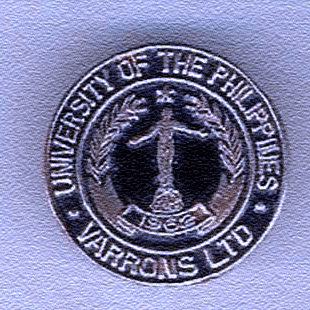







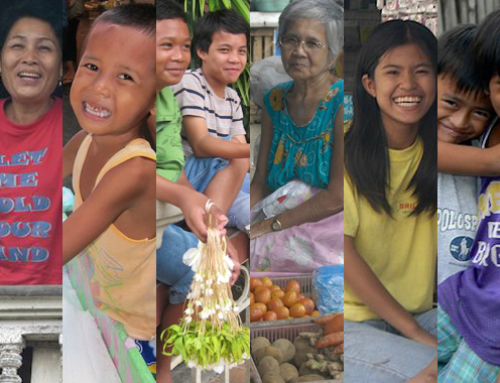
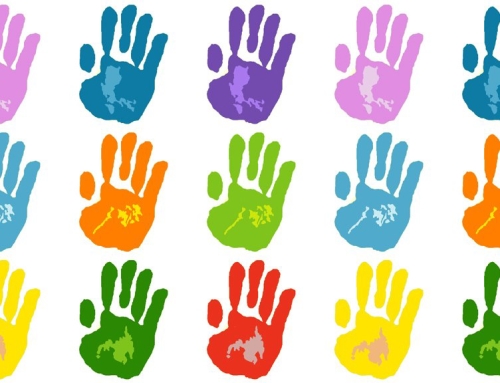

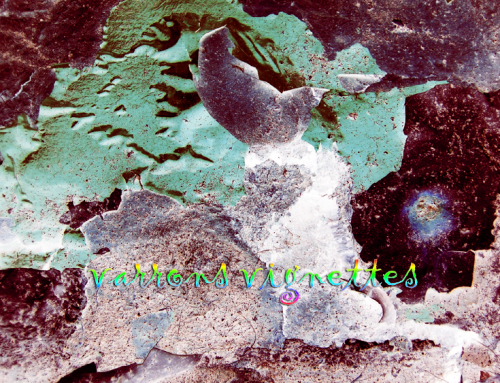
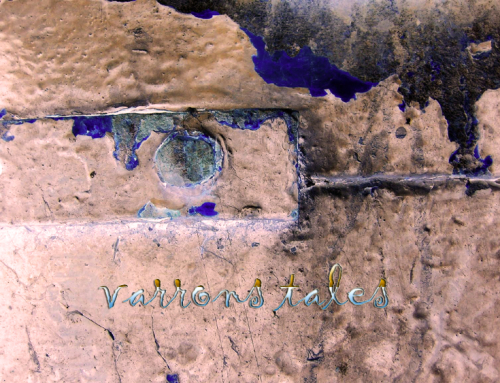
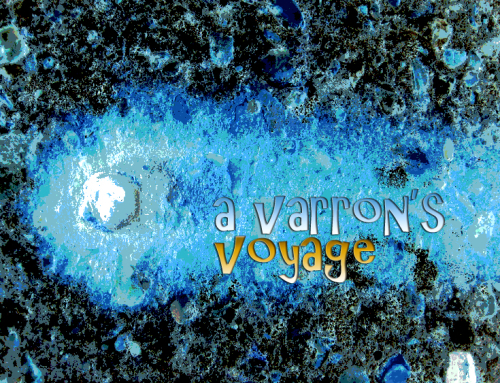

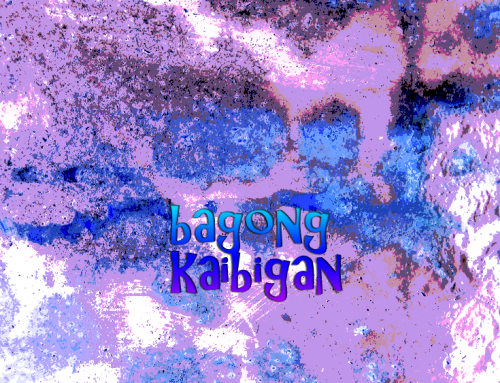

@Vrod Karl: You are truly an inspiration..hehe, see you soon…
Thanks Vrod Kevin!! Let us continue to inspire others not only with our work and action, but also meaningful through our daily interaction and messages we impart with the common people we meet each day.. God bless!!